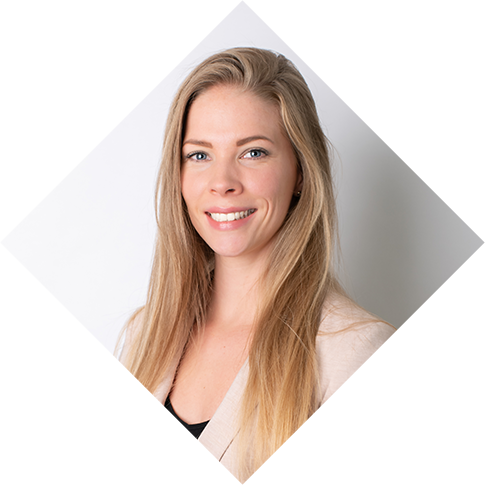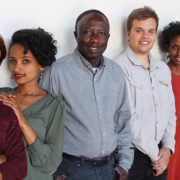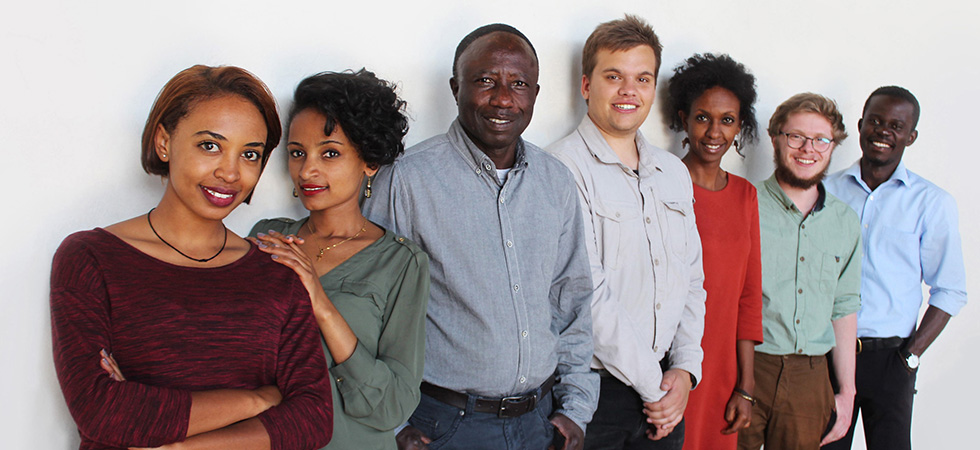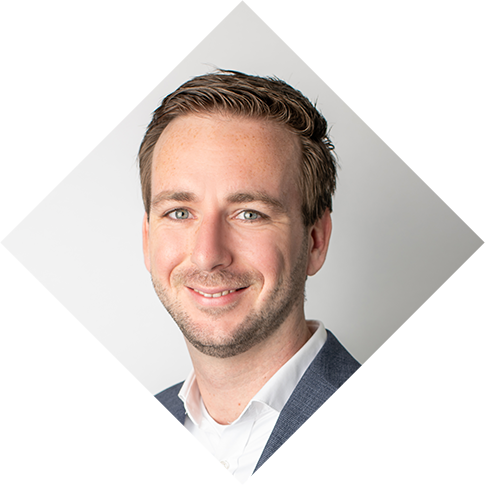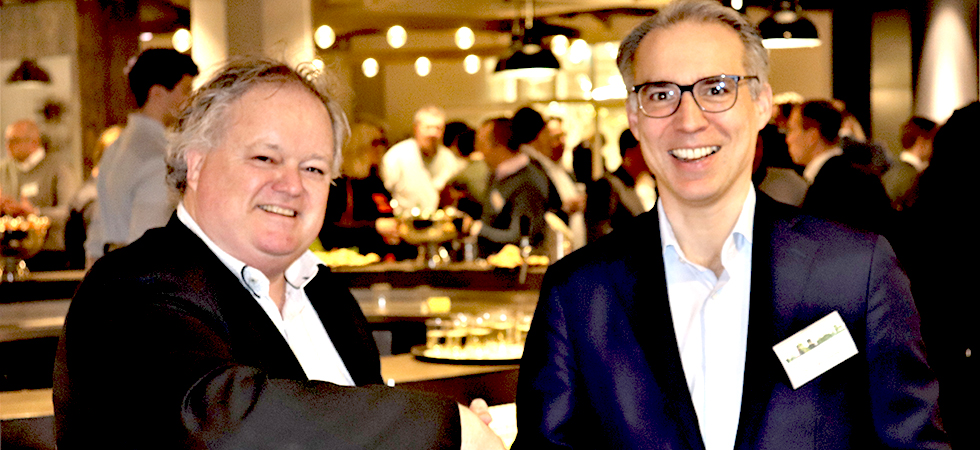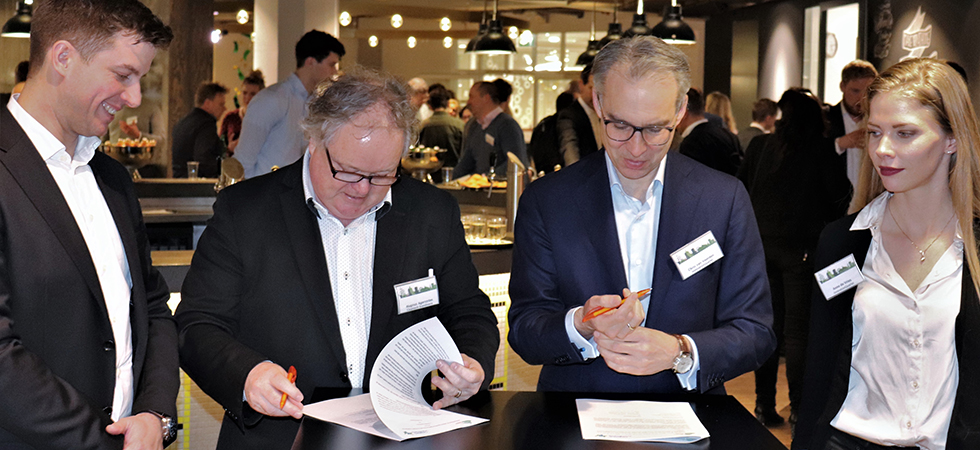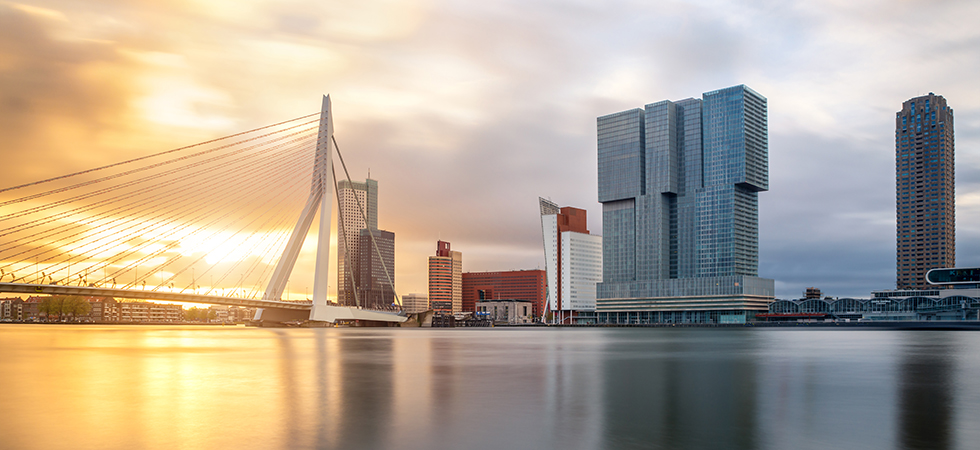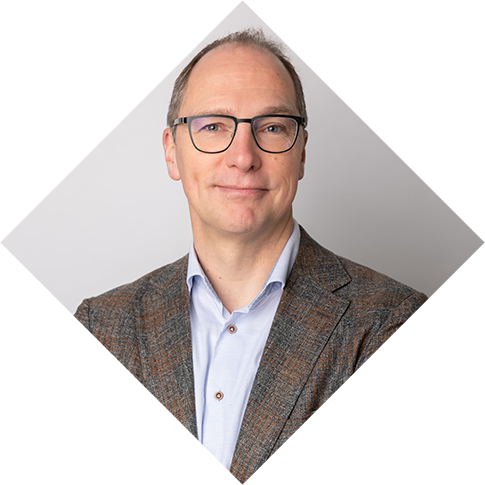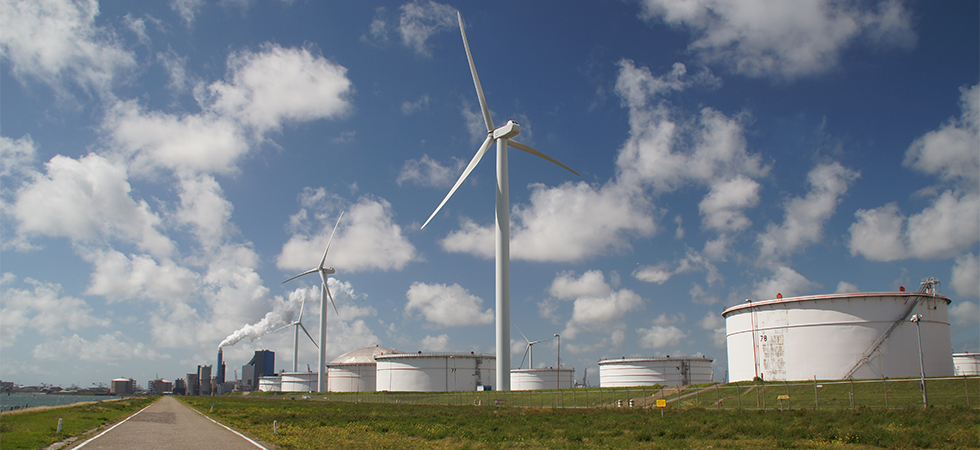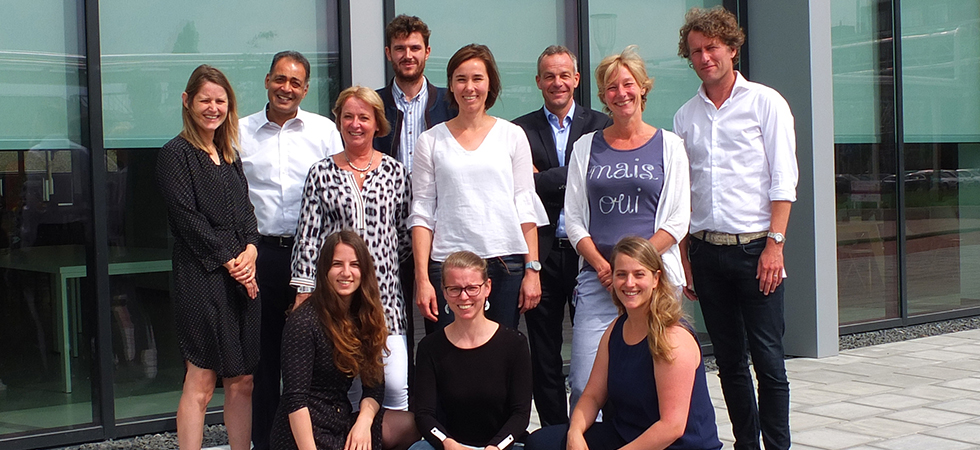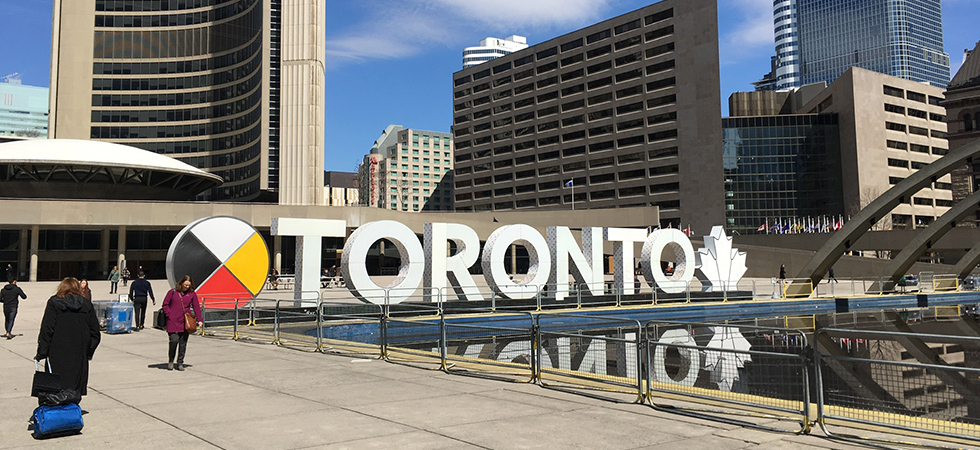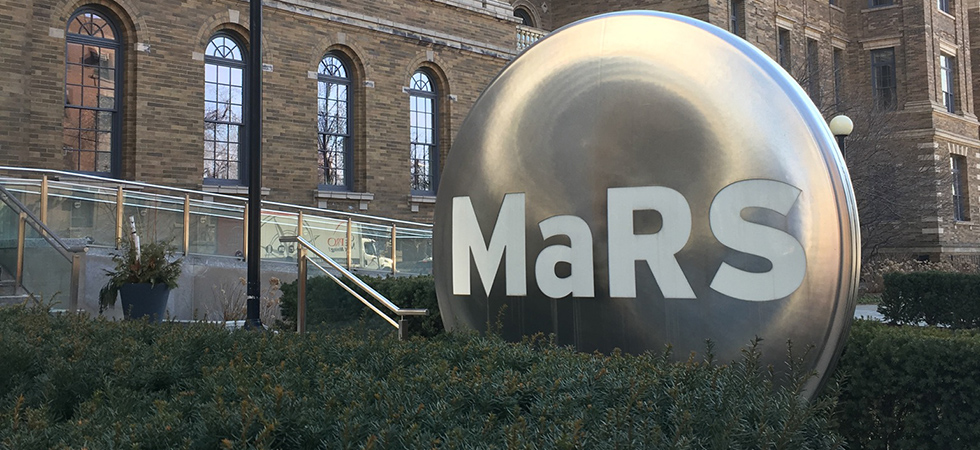A new venture fund building a sustainable society through early-stage investments in the Industrial Biotech industry.
Today, Capricorn Partners announces the establishment of Capricorn Industrial Biotech Fund, a new fund as part of its Cleantech portfolio of funds. The Capricorn Industrial Biotech Fund invests in early-stage ventures that are using biotechnology solutions to meet the growing demand for products made in a sustainable way.

Industrial Biotechnology is a key technology for the transformation of society towards Net Zero Carbon and Circularity. This industry will accelerate rapidly in the next decades, driven by recent advancements in bio-engineering, Artificial Intelligence, process technology, and a growing regulatory push for low carbon industry. Industrial Biotechnology will provide sustainable alternatives for food & feed ingredients, chemicals and intermediates, advanced materials and energy.
Industrial Biotechnology is in a technology lifecycle phase that is favorable for early-stage venture investing. Many promising technologies are being developed at universities and technology institutes, with a particularly strong presence in the Benelux and other countries in North-West Europe. Capricorn Industrial Biotech Fund invests in early-stage ventures in this industry, and assists them with their growth.
Rob van der Meij, Partner at Capricorn Partners: “CIBF is an excellent addition to our portfolio of Cleantech funds. It targets an industry where we expect strong growth, and where ventures can create significant value. CIBF complements our other funds such as the Capricorn Sustainable Chemistry Fund which invests in later stage sustainable technologies”.
CIBF is an initiative of DSM (AMS: DSM), InnovationQuarter (the regional development agency of the greater Rotterdam-The Hague area in The Netherlands) and Capricorn Partners. The founding partners aim to establish a fund that will further strengthen the ecosystem around the Biotech Campus Delft and connect it to other centres of excellence in Belgium, France, Germany, Denmark and the United Kingdom.
Pieter Wolters, Managing Director DSM Venturing: “The new fund is a perfect vehicle to further boost the unique knowledge ecosystem on and near the Biotech Campus Delft where solutions to tackle the most pressing challenges in for example the way we produce and consume food are being developed. DSM is happy to be a co-founding investor in the Capricorn Industrial Biotech Fund, and we will continue to actively support and foster the scaling up of brilliant biotech inventions, companies and ventures that will sustainably transform health, nutrition and bioscience”.
Liduina Hammer, Head of Investments at InnovationQuarter, stresses the importance of creating a sustainable production industry for the future economy of South Holland: “We support the transition from fossil to green factories in Zuid-Holland. Initiatives like PlanetB.io at the Biotech Campus in Delft support innovative companies to scale their biotech solutions and realise their impact for society. Through this fund we put extra effort in the most urgent climate and energy transition.”
CIBF is launched following a first close, and will start sourcing deals as of now. Interested investors are invited to join for a final close at a maximum of €25 million.

Image by: Capricorn



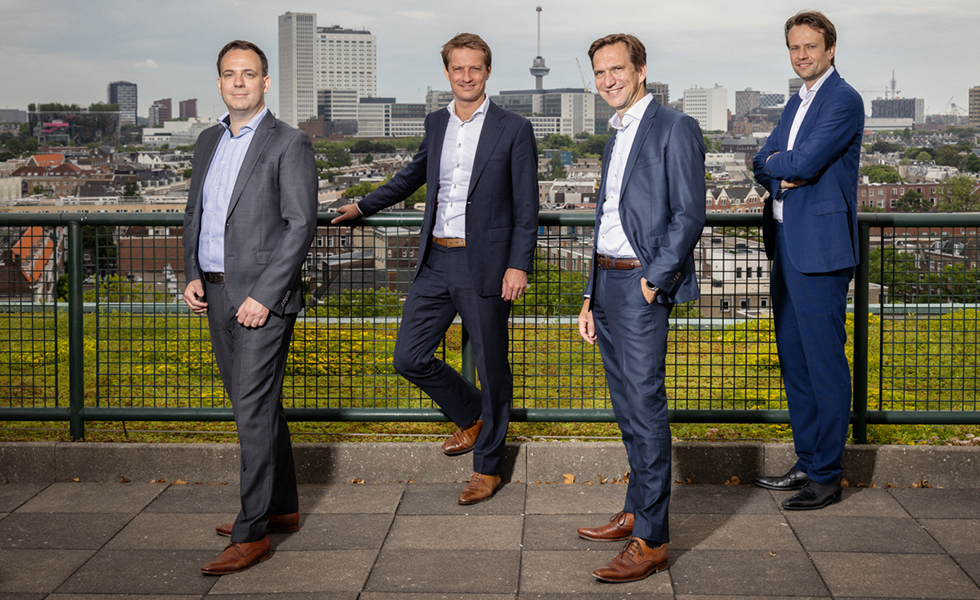
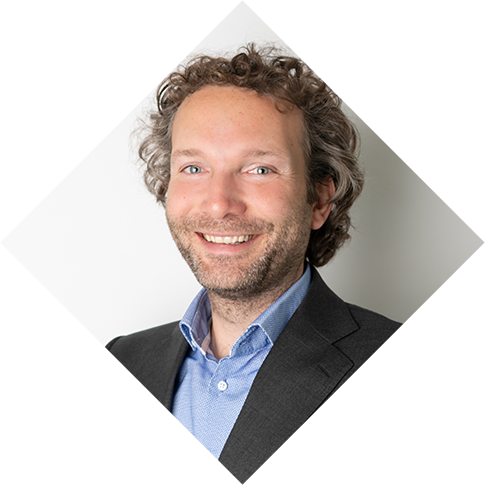

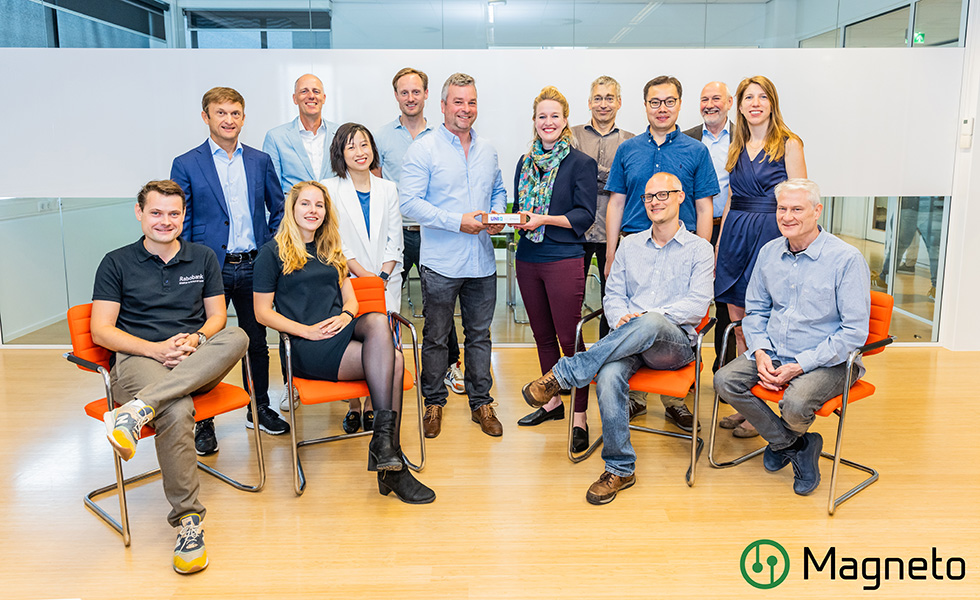




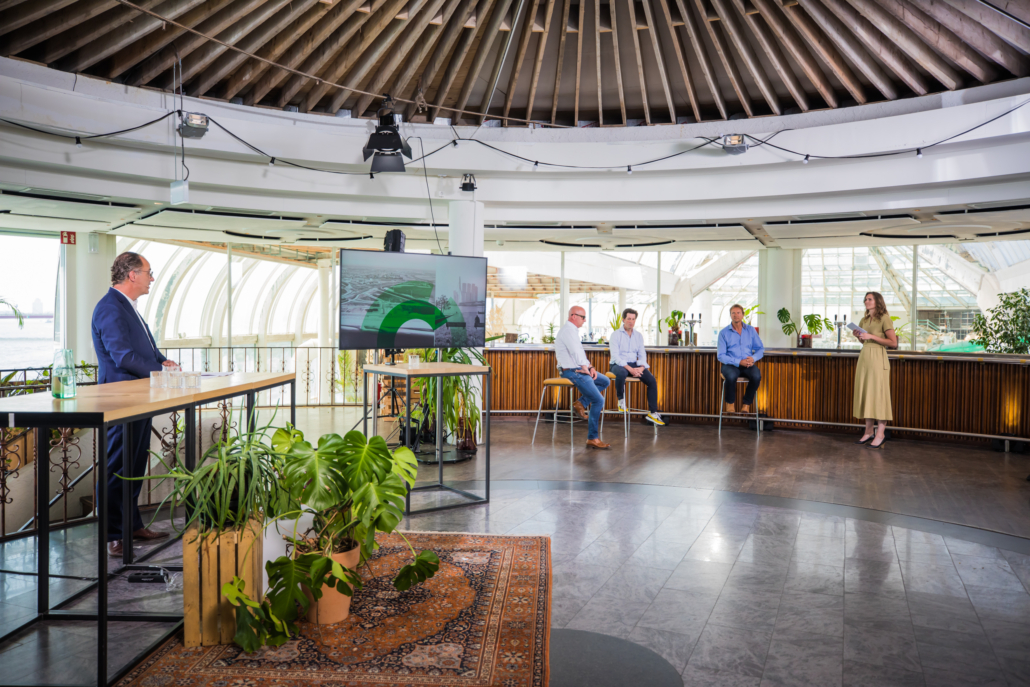
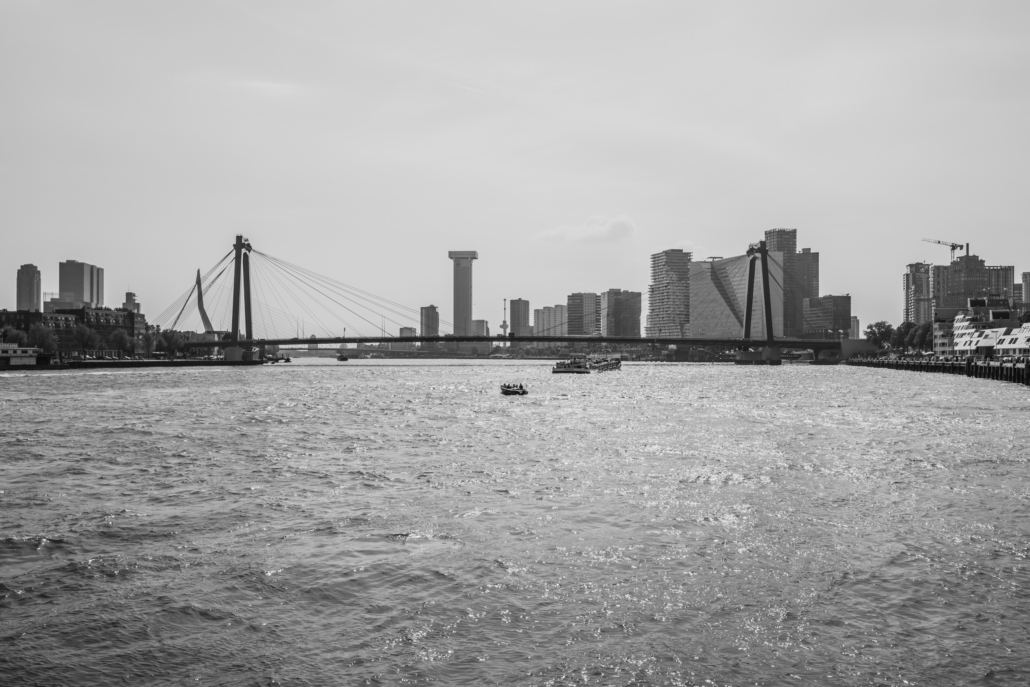
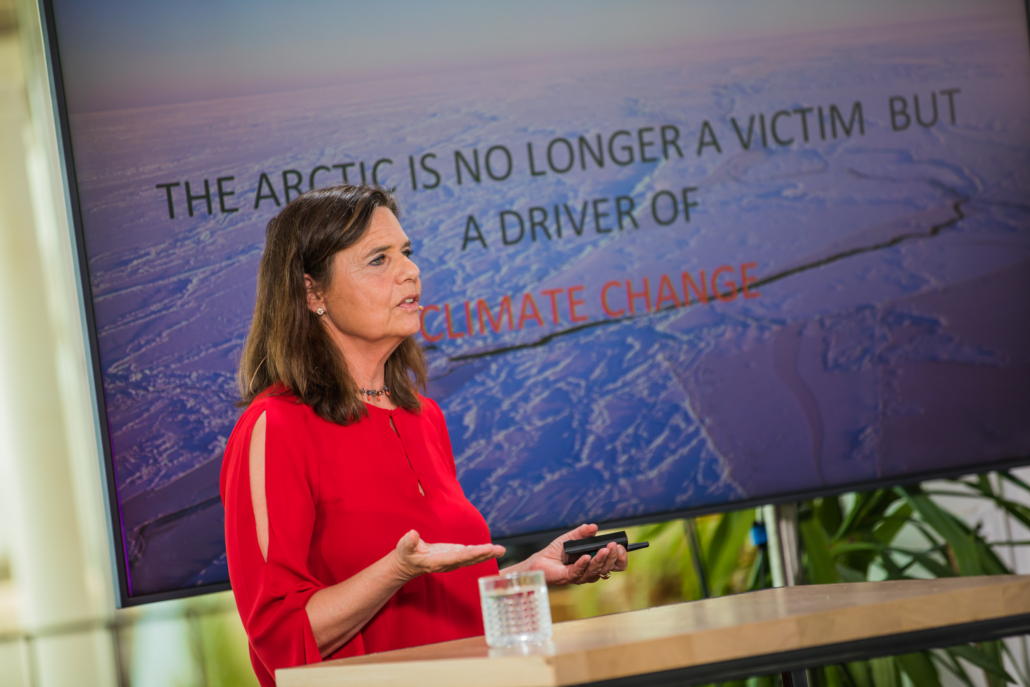
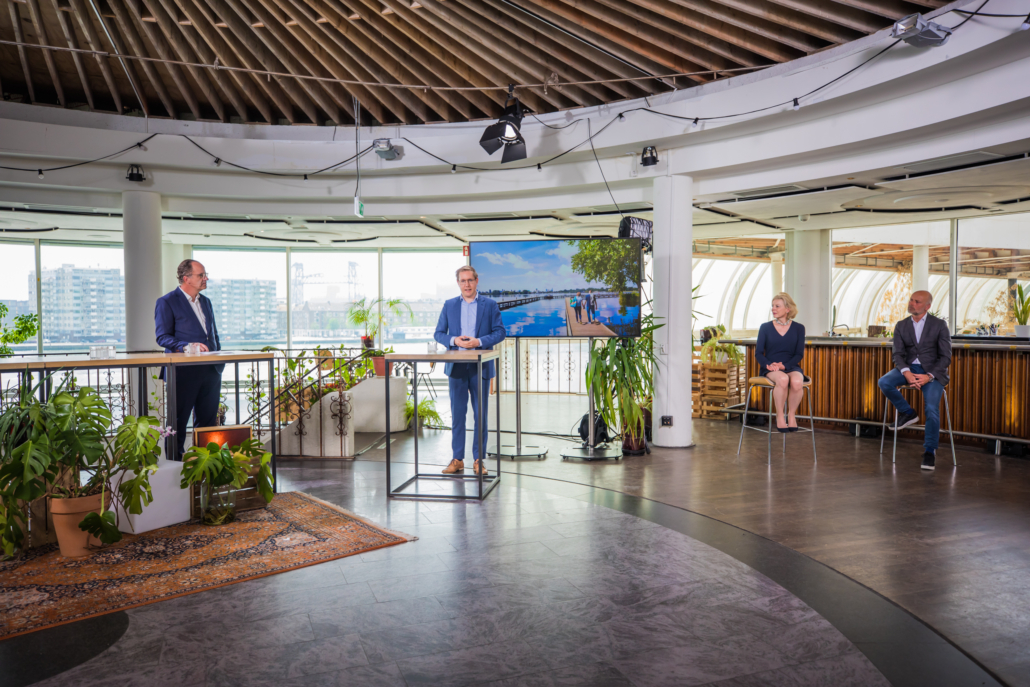

 On the 29th of April the Dutch-Nordic Market Access Program was kicked off with an informal and interactive session in which we explored the participating companies’ individual goals for the program and everyone was asked to share relevant experiences. These goals vary from setting up a first pilot project abroad, finding a commercial client, or preparing for future establishment in the foreign market. What participants showed to have in common was a great drive to learn and help each other explore the respective markets. In fact, the kick-off also enabled companies to get to to know each other, and the first opportunities for synergy and collaboration between participants, be it in their home or target market, were explored.
On the 29th of April the Dutch-Nordic Market Access Program was kicked off with an informal and interactive session in which we explored the participating companies’ individual goals for the program and everyone was asked to share relevant experiences. These goals vary from setting up a first pilot project abroad, finding a commercial client, or preparing for future establishment in the foreign market. What participants showed to have in common was a great drive to learn and help each other explore the respective markets. In fact, the kick-off also enabled companies to get to to know each other, and the first opportunities for synergy and collaboration between participants, be it in their home or target market, were explored.